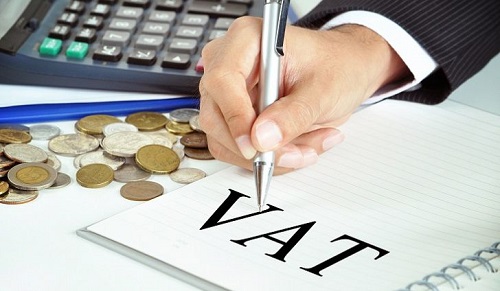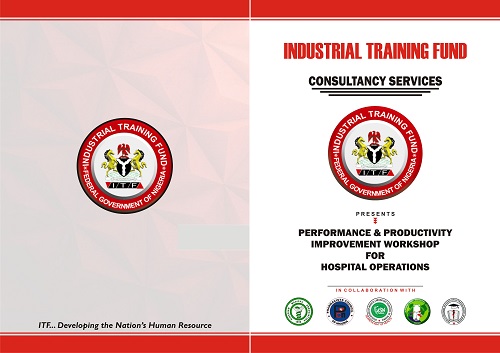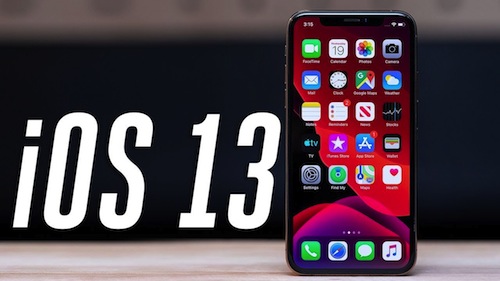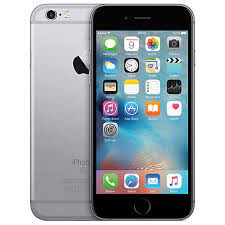Welcome to Campus Times Nigeria, you often hear about Value Added Tax (VAT) in the bank, shops and from business community, perhaps you have wondered what this term really means, the importance of it and how it affects you, some of you may have even concluded that it does not concern you in any way,
We will advice you to careful read through this article to be enlightened on what Value Added Tax(VAT) is and how it concerns you, if you are a business person, or an individual who only buys and eat, this article will help you know to handle the issue of VAT.
We will be discussing about value added tax under the following headings,
- what is value added tax(VAT)?
- how did VAT come to stay?
- how do you pay VAT?
- how to calculate VAT?
- products that are exempted from VAT
What is Value Added Tax(VAT)?

You have been dealing with Value added Tax on daily bases, let me show you how this has been possible, before then, i like to break down in simple form what value added tax means,
Value Added Tax?(VAT) is a type of tax a person pays when he or she buys an item or enjoys a service. it is widely said that nothing in life is actually free, the term VAT has confirmed that fact, even the Air condition and the warm welcome you enjoy when you visit the bank is not free, the bank has a way of making you pay for those services indirectly, in other words VAT is a tax levied on consumption.
However Value Added Tax(VAT) is ONLY payable when taxable goods are consumed, that is to say it is not everything you consume or every service you enjoy that you should pay for, also if there is no consumption, VAT is not payable. and so this VAT you pay are in turn remitted to the government on your behalf.
- How did Value Added Tax(VAT) come to stay?
Value Added Tax(VAT) was once called Sales tax, it became VAT in 1993 when the VAT act was introduced by the federal government of Nigeria, it is usually collected by the Federal Inland Revenue Service(FIRS) on behalf of the Federal government.
- How do you pay Value Added Tax(VAT)?
An individual pays VAT when he or she consumes goods or enjoys services, however there are goods you consume and services you enjoy without paying VAT on them, these goods and services are referred to non-taxable goods and services, i have earlier said that VAT is a type of Tax, for instance, if you buy any sachet of pure water,a sachet of pure water sold at #10 should not be up to that amount, it is the inclusion of VAT that makes it that amount if not if should be less than that,so that is how you pay VAT.
VAT is always included in the price of every taxable item you buy, and the important thing you have to know is that every VAT is borne by the consumer of the item.
- How to calculate Value Added Tax(VAT)?
Value Added Tax(VAT) is calculated at different stages , at production stage, sales stage or distribution stage, but the actual burden of VAT is on the final consumer, it is worthy of note that VAT is charged at 5% of the manufacturer’s price, whole sale’s price, or retailer’s price, the 5% added to the cost price is therefore remitted to the government through the federal inland revenue service.
see example below:
sales’ price————#15,000
VAT @ 5%————-#750
price inclusive VAT—-#15,750
In the above, the cost price is #15,000 but you are made to buy the item at #15,750 because of the @750 Value Added Tax(VAT) charged, now this #750 is what the business man or woman pays to the government as VAT, failure to do this is an offense punishable by law,
Value Added Tax(VAT) is remitted every 21st of the next month in which the VAT was charged.
We do hope you are better enlightened by this little piece of information about Value Added Tax (VAT), feel free to make contributions, share and drop your comments, and keep reading as more facts about VAT and other educating information keeps updating.




















